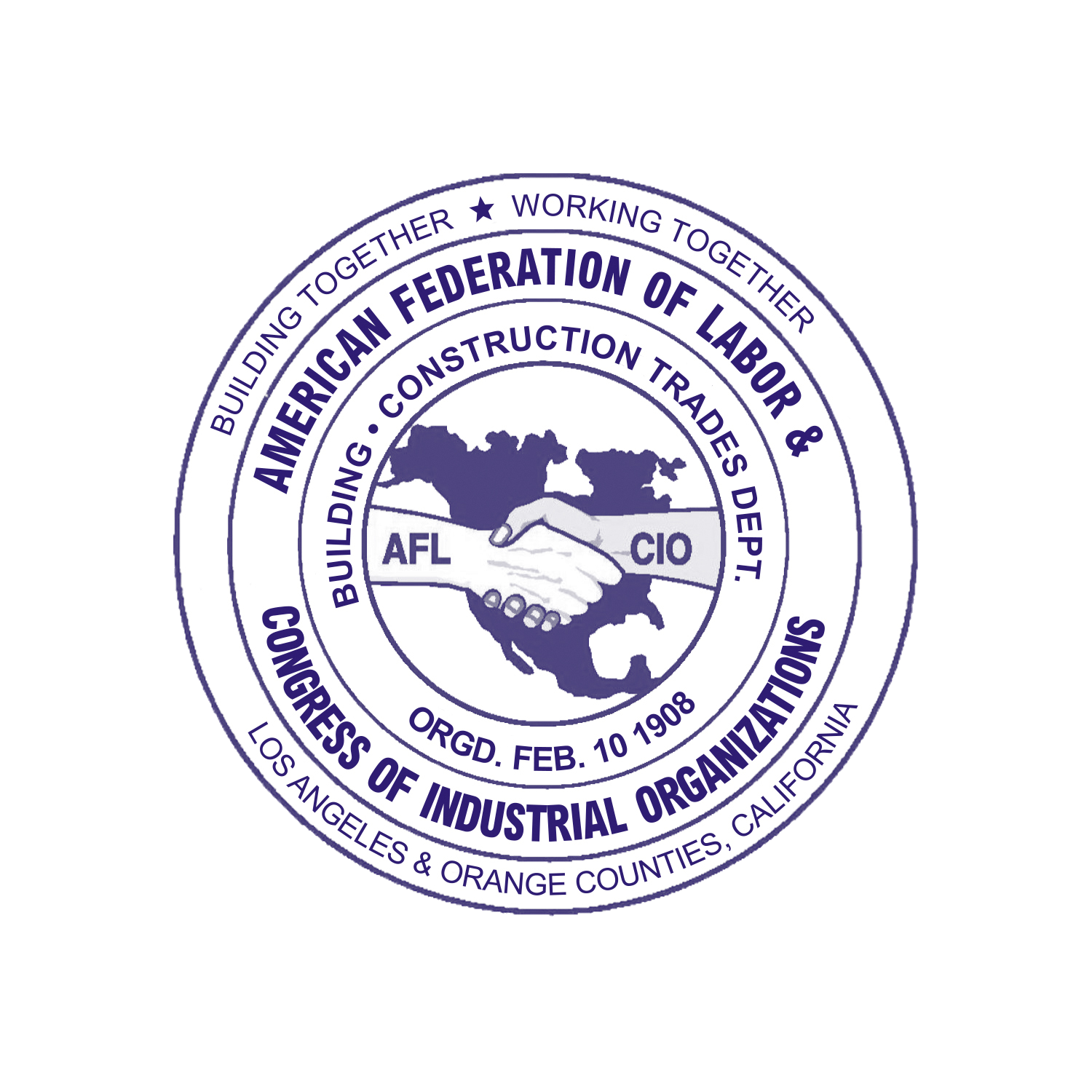SACRAMENTO—The State Building & Construction Trades Council of California (SBCTC) has long championed the use of “skilled and trained” labor requirements as a way of improving the lives of workers in the residential construction industry. Despite attempts by a few legislators to weaken this effort, momentum continues to build for “skilled and trained” language being included in housing bills coming out of Sacramento. This is great news for residential construction workers.
“Skilled and trained” labor standards, crafted by the SBCTC, require a percentage of all journeyperson-level workers to be graduates of state-approved apprenticeship programs. When implemented in other industries, these labor standards have proven to increase demand for apprenticeship opportunities in communities across California. As apprenticeship opportunities increased, more pathways to the middle class are created. Wealth accumulates on Main Street instead of Wall Street, and our construction workforce has become better trained, more inclusive and even more diverse.
If incorporated into residential construction, these standards could be transformative.

Over the last month, the SBCTC has cemented more allies in our fight to bring justice to the residential construction industry. The California Labor Federation unanimously approved a resolution that concluded:
“Therefore, be it resolved, that the California Labor Federation (CLF) supports the efforts of the State Building and Construction Trades Council of California (SBCTC) to bring the proven success of ‘Skilled and Trained’ labor protections to the residential construction industry.”
On top of that, two of California’s largest cities will see ballot measures in November aimed at addressing the housing crisis in a way that incorporates “skilled and trained” workforce protections. In Los Angeles, the United to House L.A. initiative will create $875 million per year in funding to build accessible housing with “skilled and trained” workers if approved by voters; the effort is supported by over 150 community organizations.
In San Francisco, voter approval of the Affordable Housing Production Act will result in a similar path, streamlining permits for eligible housing projects if a skilled and trained labor force is utilized. Just like the “United to House L.A.” initiative, the San Francisco effort is backed by a broad list of labor unions, affordable housing advocates, developers, contractors and business organizations.
All these signs point to one thing: The support for “skilled and trained” in housing construction is growing while the list of those opposing such efforts is shrinking.
If the trend continues, California’s long-abused residential construction workforce stands to finally see their plight improved. Until we see these systemic changes in the residential construction sector, the SBCTC will continue fighting for these workers. After all, when we fight, we win!

